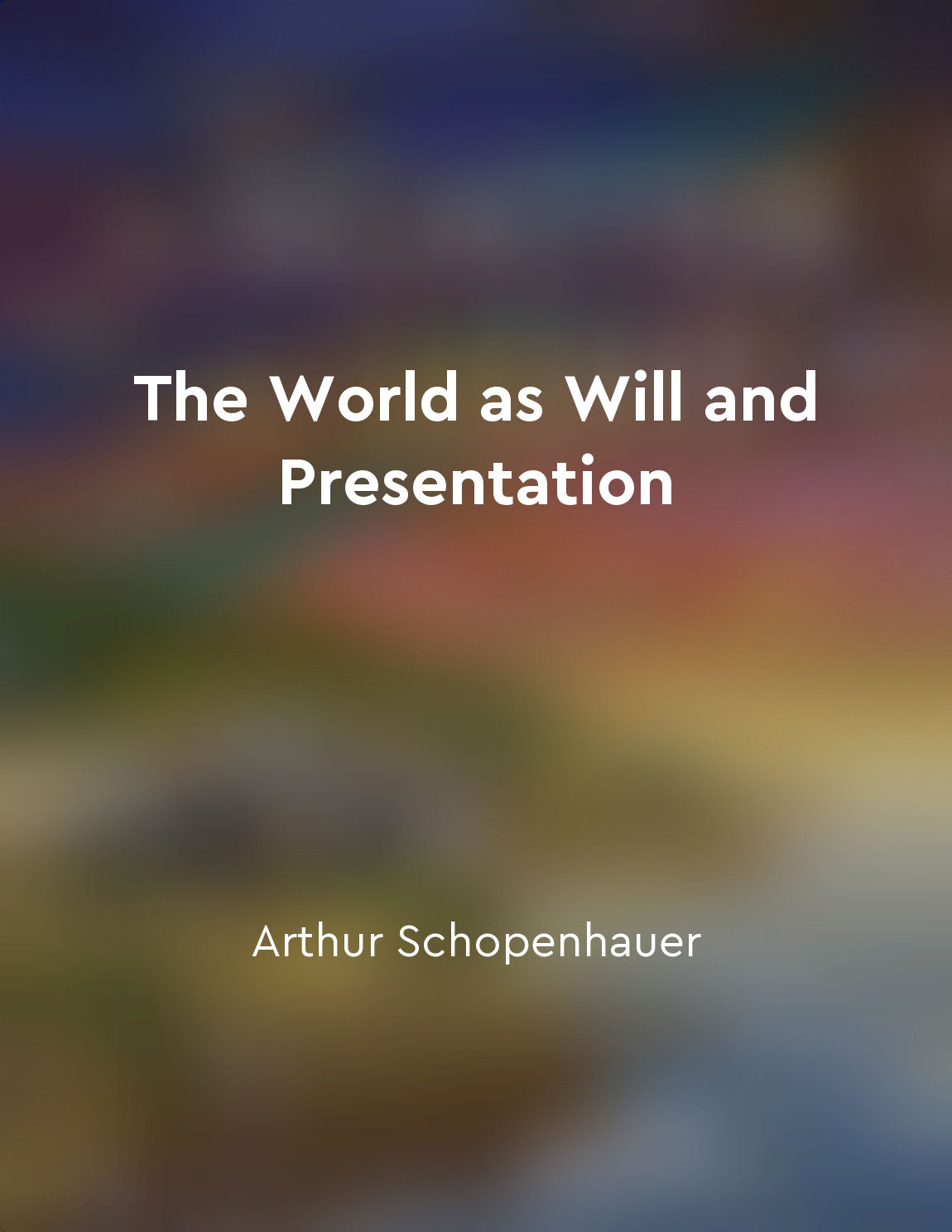Knowledge is based on experience from "summary" of A Treatise of Human Nature: Texts by David Hume
According to the philosopher David Hume, knowledge is ultimately derived from our experiences. He posits that our understanding of the world is built upon our interactions with it, rather than being innate or derived from abstract reasoning. Hume argues that all our thoughts and beliefs can be traced back to the impressions we have received through our senses. In Hume's view, our minds are like blank slates at birth, waiting to be filled with information from the outside world. Through our senses, we receive a constant stream of impressions that form the foundation of our knowledge. These impressions are the raw material from which we construct our beliefs and ideas about the world. Hume distinguishes between two...Similar Posts
Wormholes could allow time travel
In the realm of theoretical physics, the notion of wormholes has long captured the imagination of scientists and science fictio...
Nature of Knowledge
Knowledge, in the most general sense, is what we know. It consists of beliefs that are true, and it is distinguished from mere ...
Ancient Greek philosophers laid the foundations for Western thought
The ancient Greek philosophers were the first to systematically explore the nature of reality and the human condition. Thales, ...
Postmodernism questions the concept of absolute truth
Postmodernism challenges the idea that there is one single truth that can be objectively known or proven. Instead, it argues th...
Skepticism is necessary
Skepticism is necessary. It is the foundation upon which all knowledge is built. Without skepticism, we would blindly accept ev...
The truth of clear and distinct ideas
Descartes argues that in order to arrive at certain knowledge, one must rely on clear and distinct ideas. These ideas are those...

The power of art to transcend the limitations of language
In the contemplation of the beautiful, art has the power to elevate us beyond the confines of language, allowing us to experien...
Humans cannot know the ultimate causes of things
It is a common belief among humans that they are capable of understanding the causes of things. They often seek to uncover the ...
By understanding the nature of reality, one can achieve true happiness
Understanding the nature of reality is crucial in attaining genuine happiness. According to Spinoza, reality is governed by nat...
Reciprocity and mutualism are important in human interactions
Humans are social creatures, and much of our success as a species can be attributed to our ability to cooperate with one anothe...
